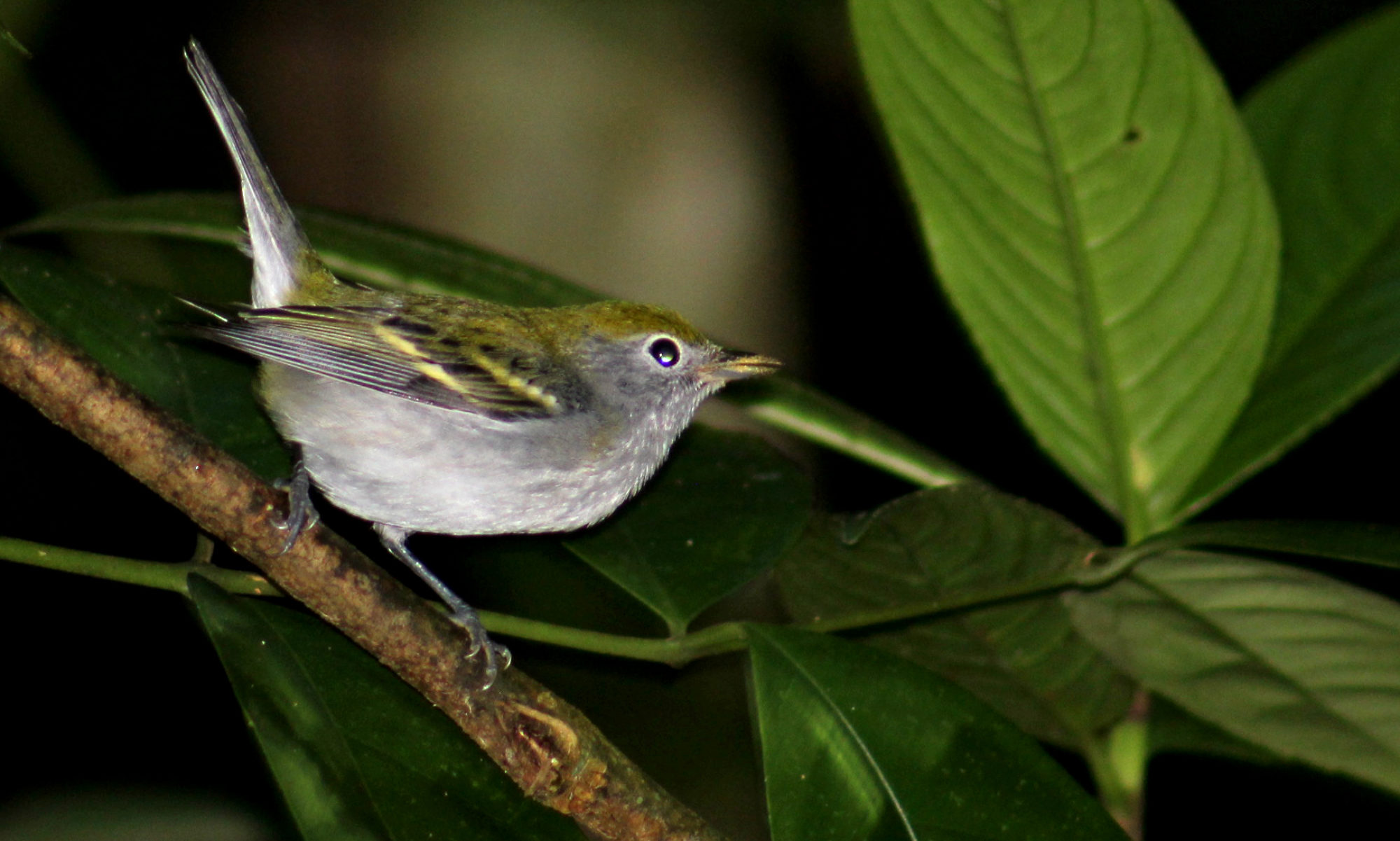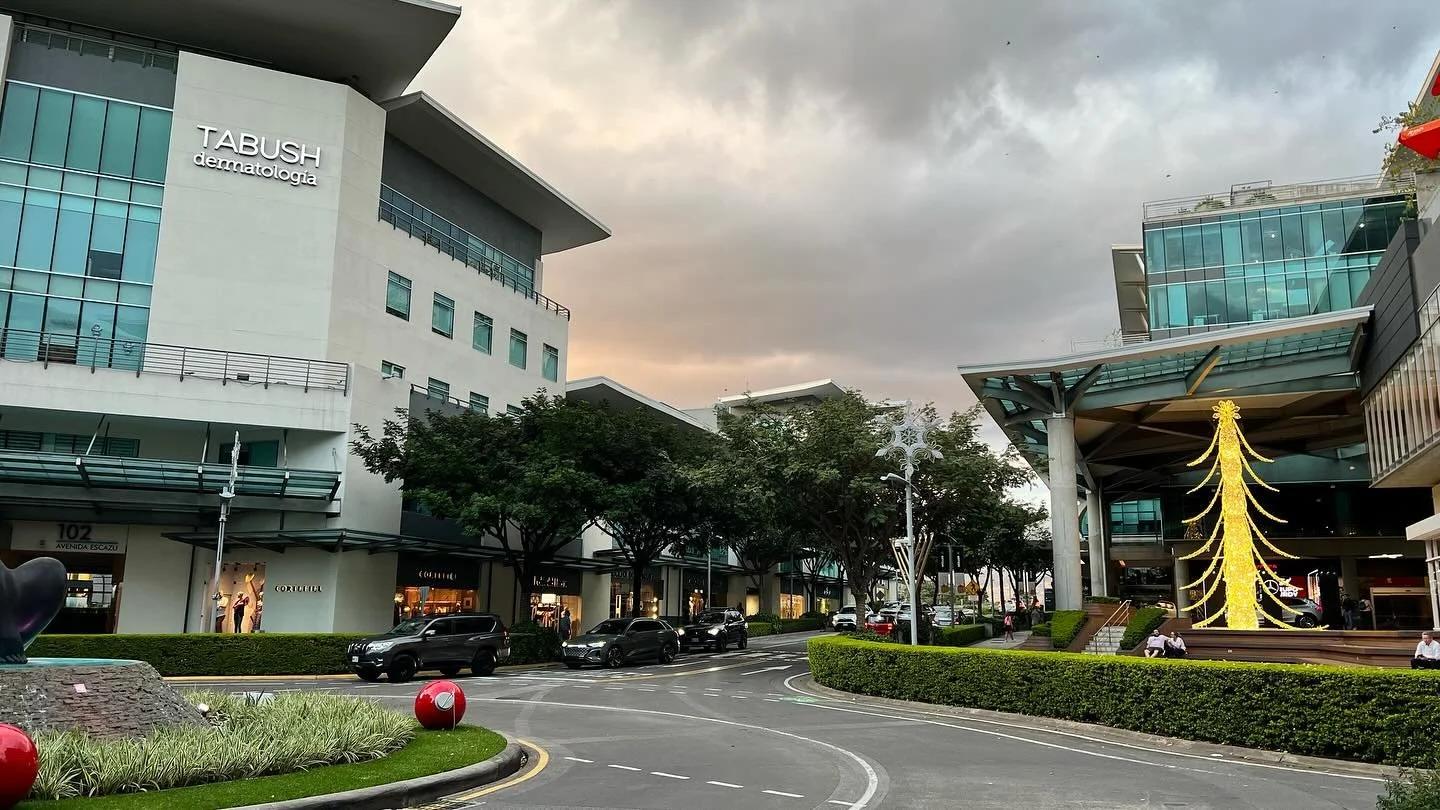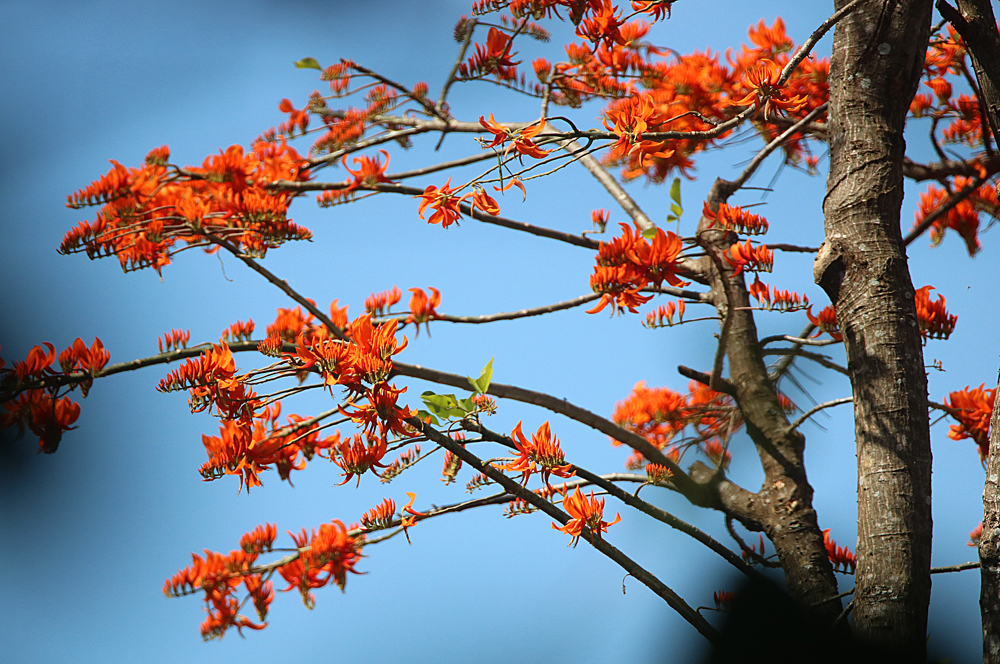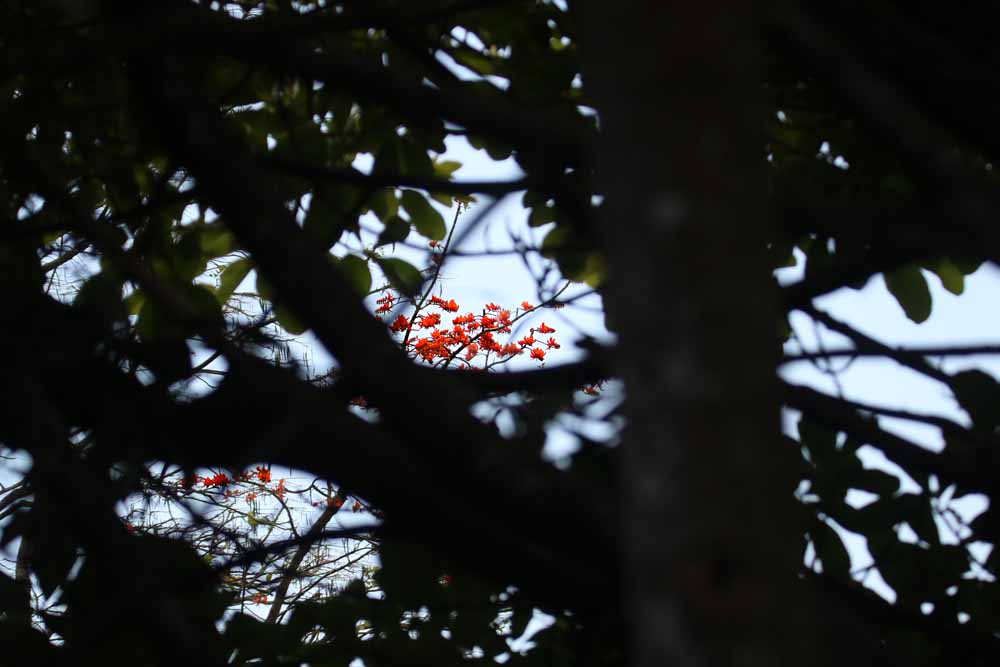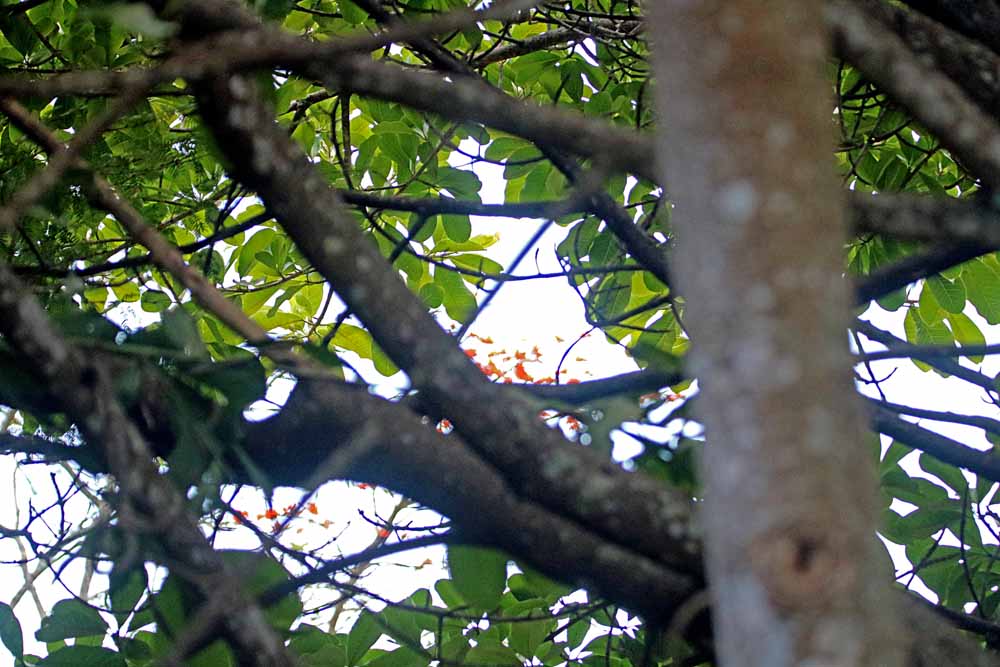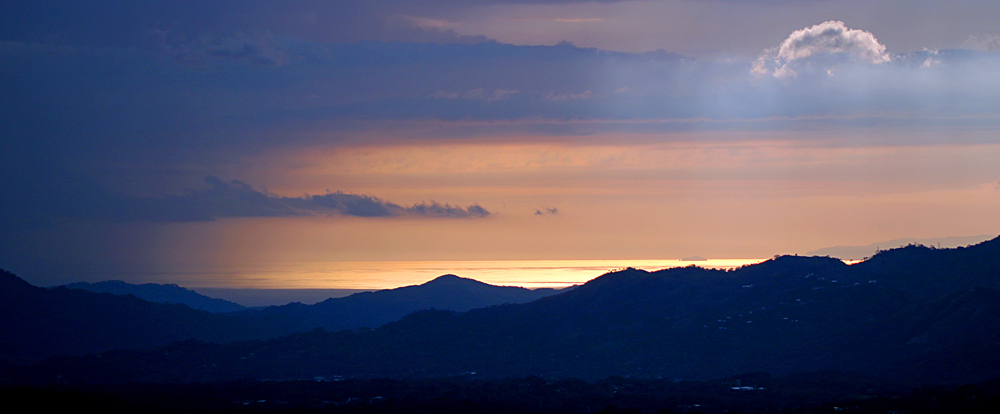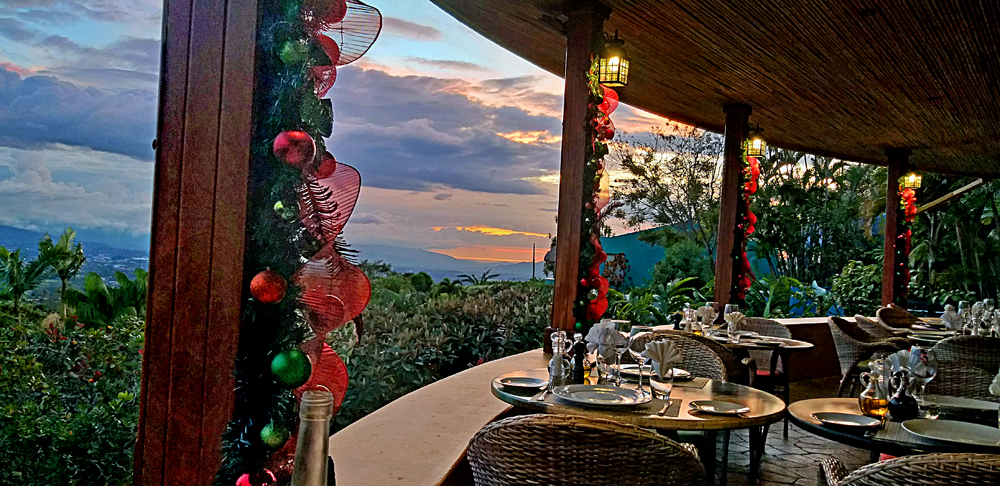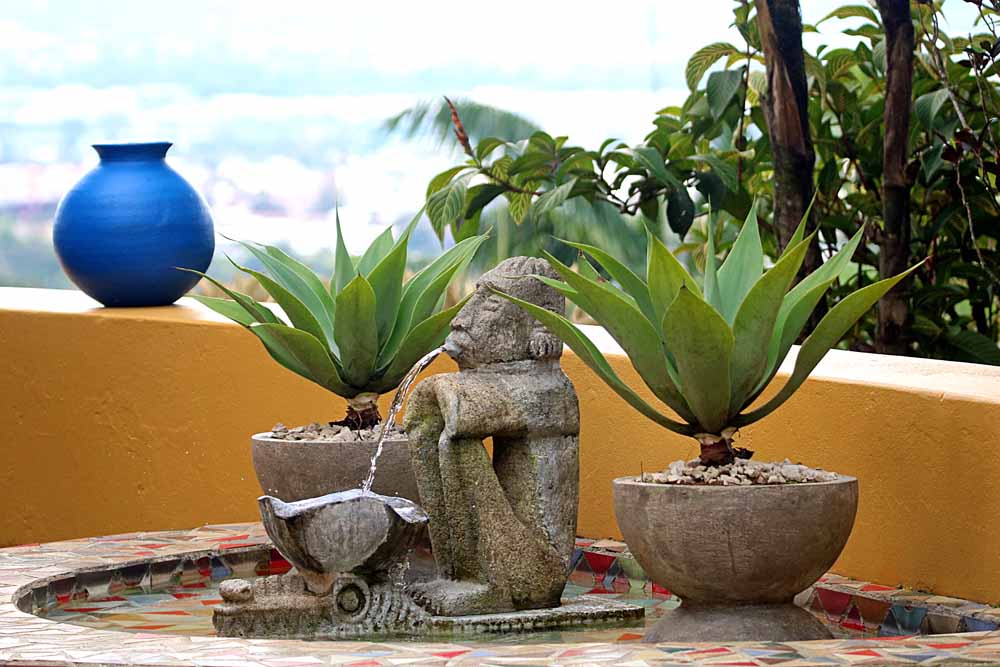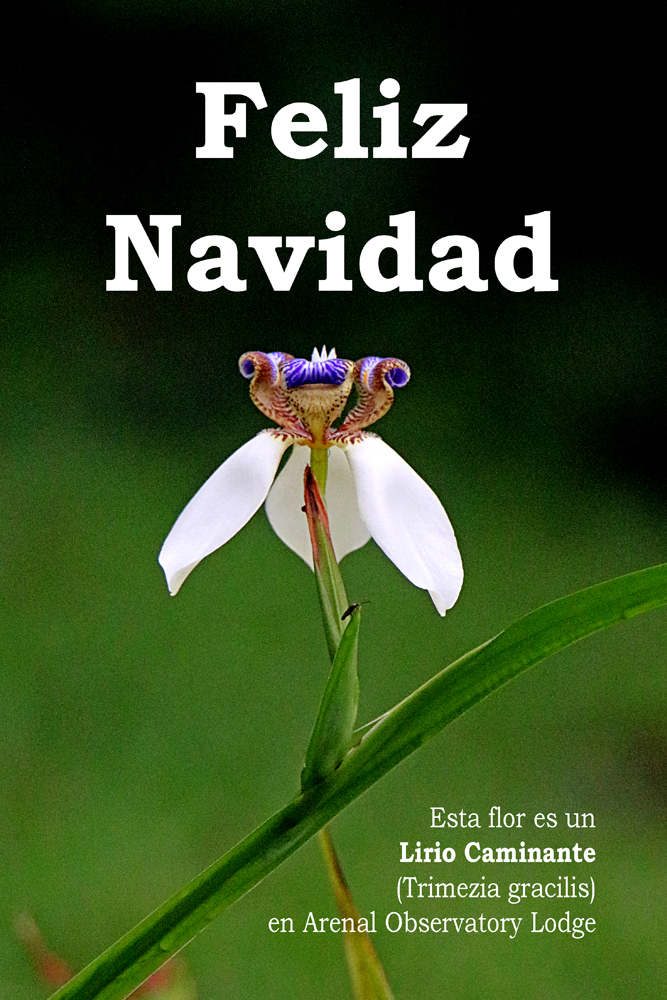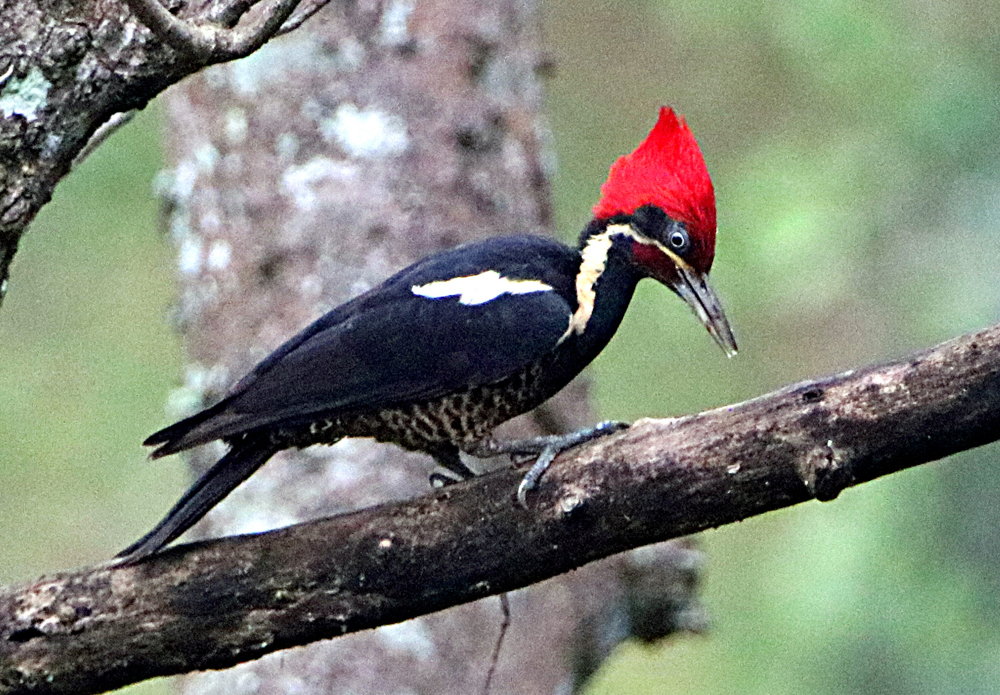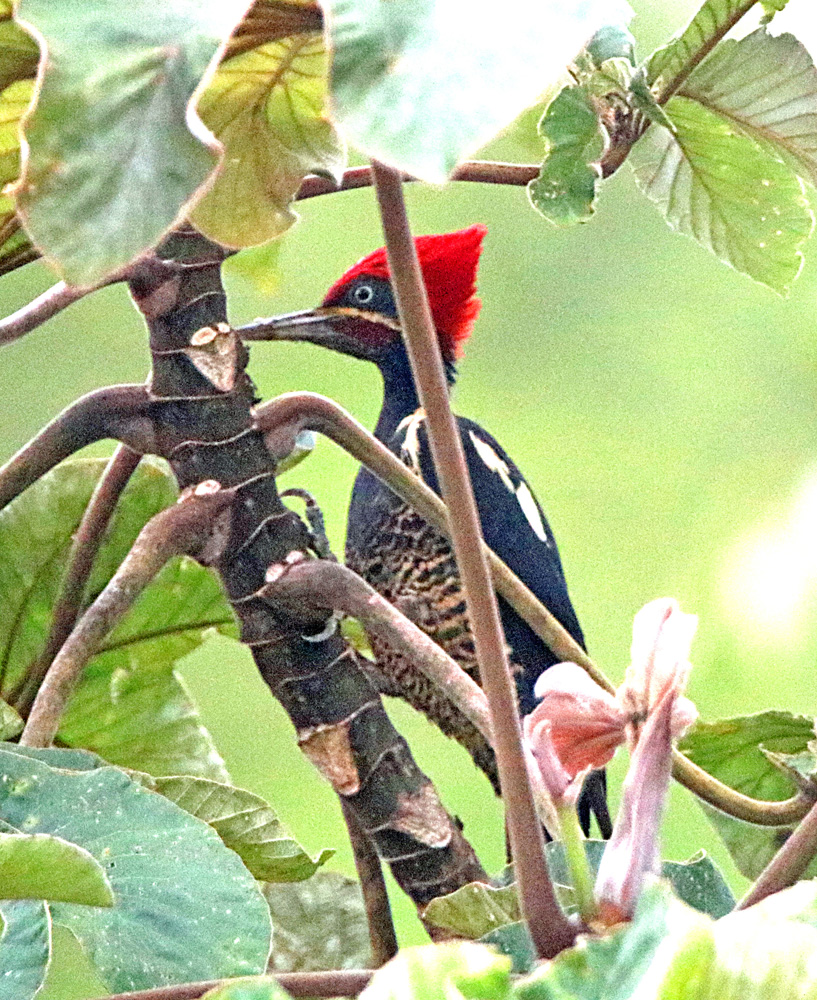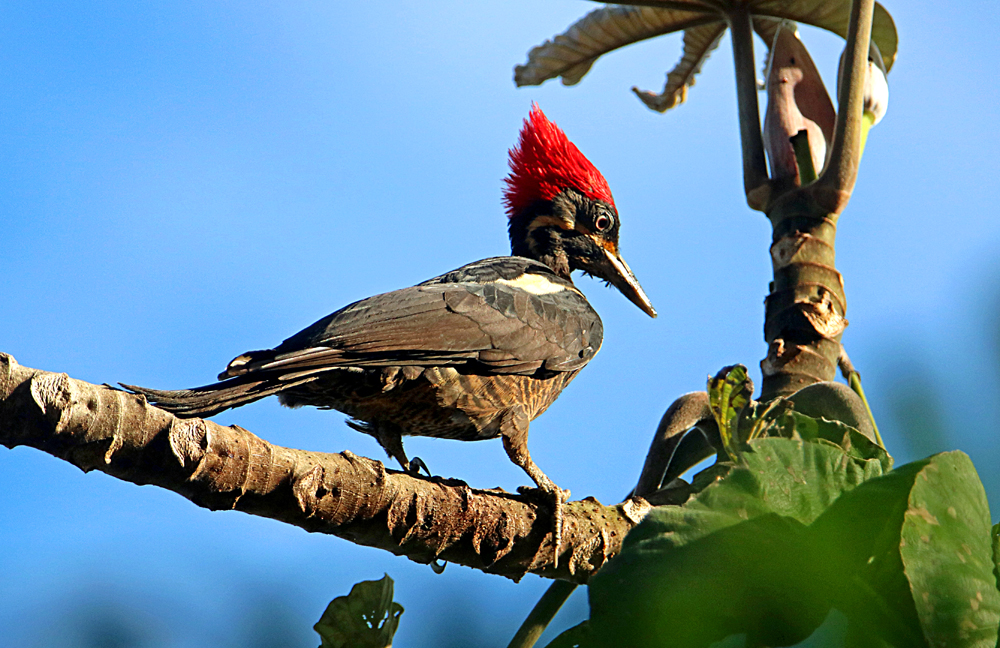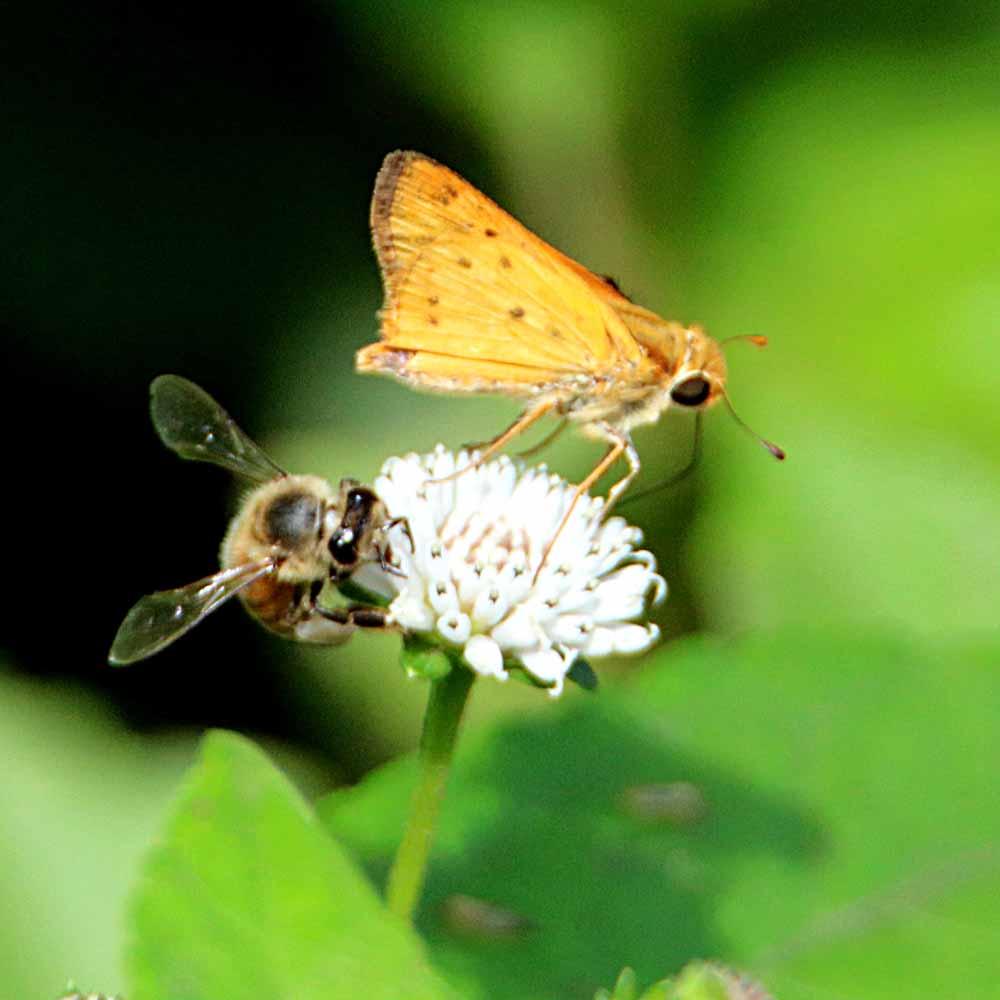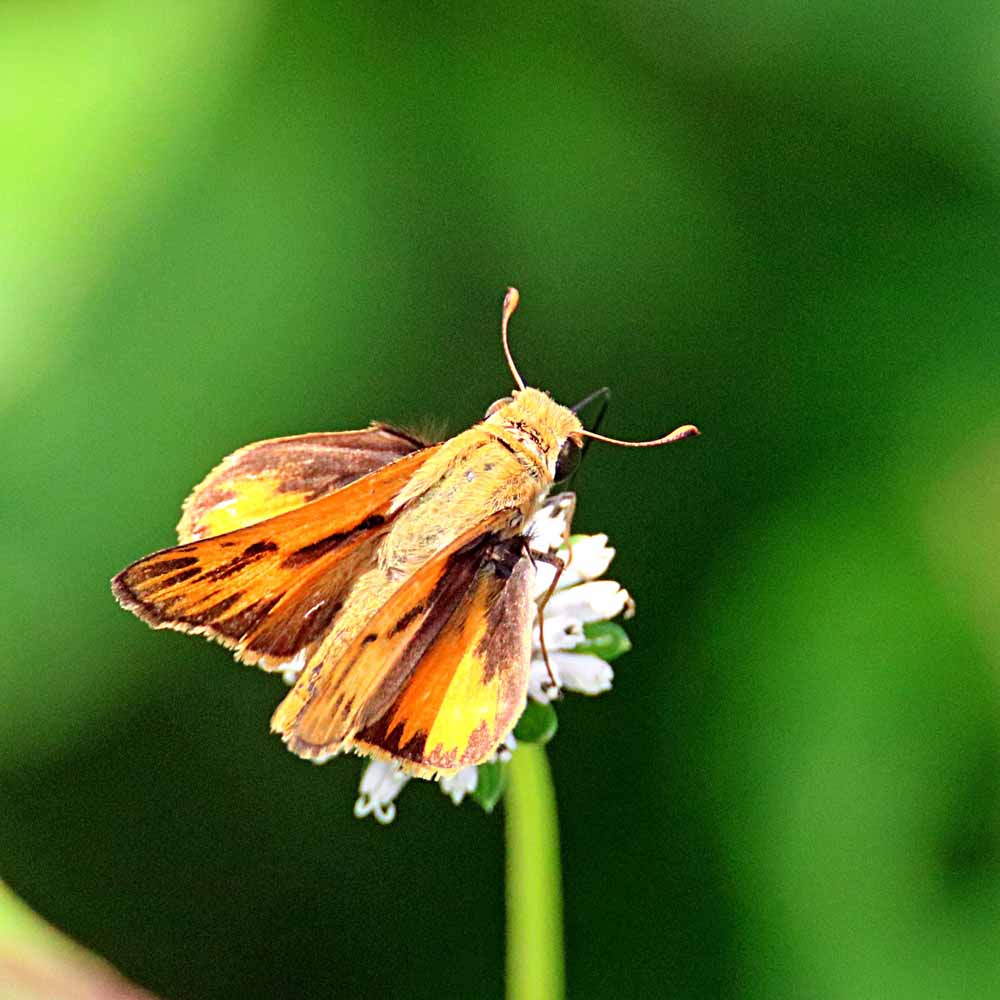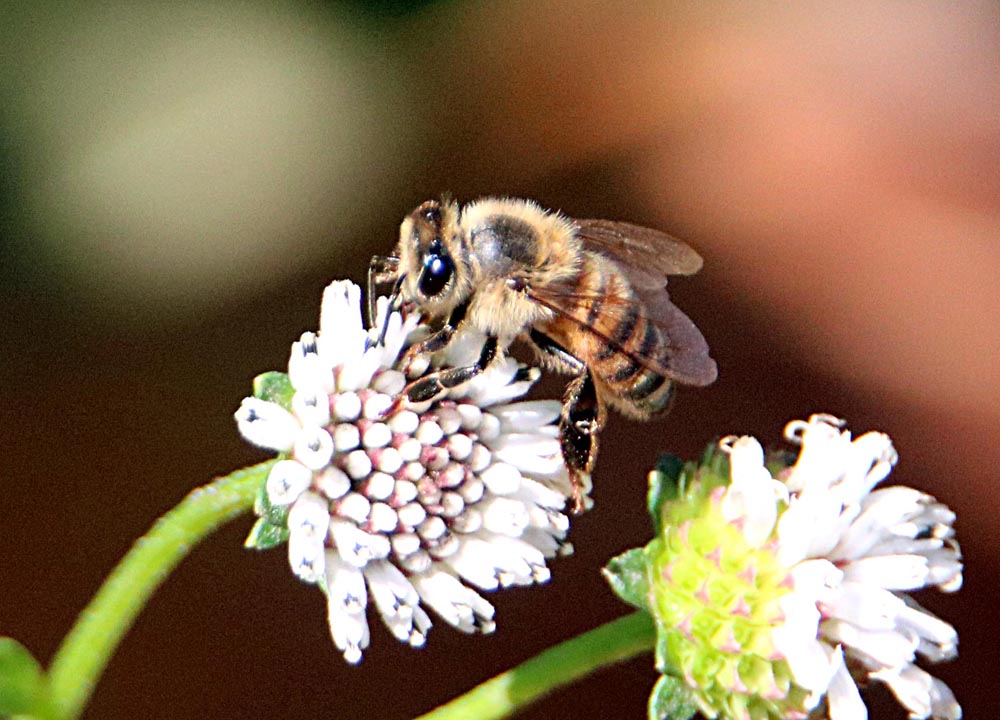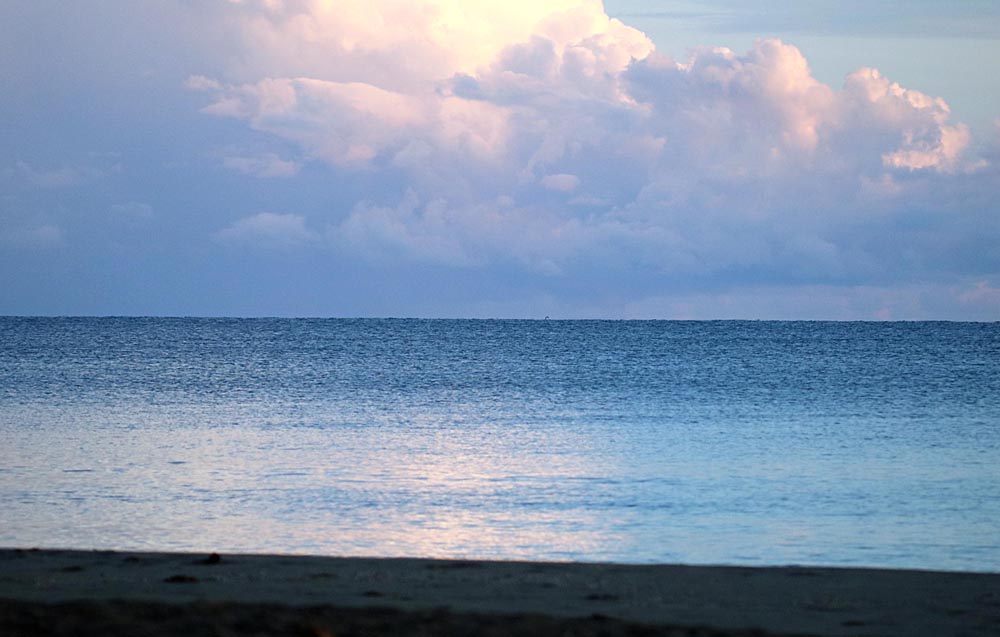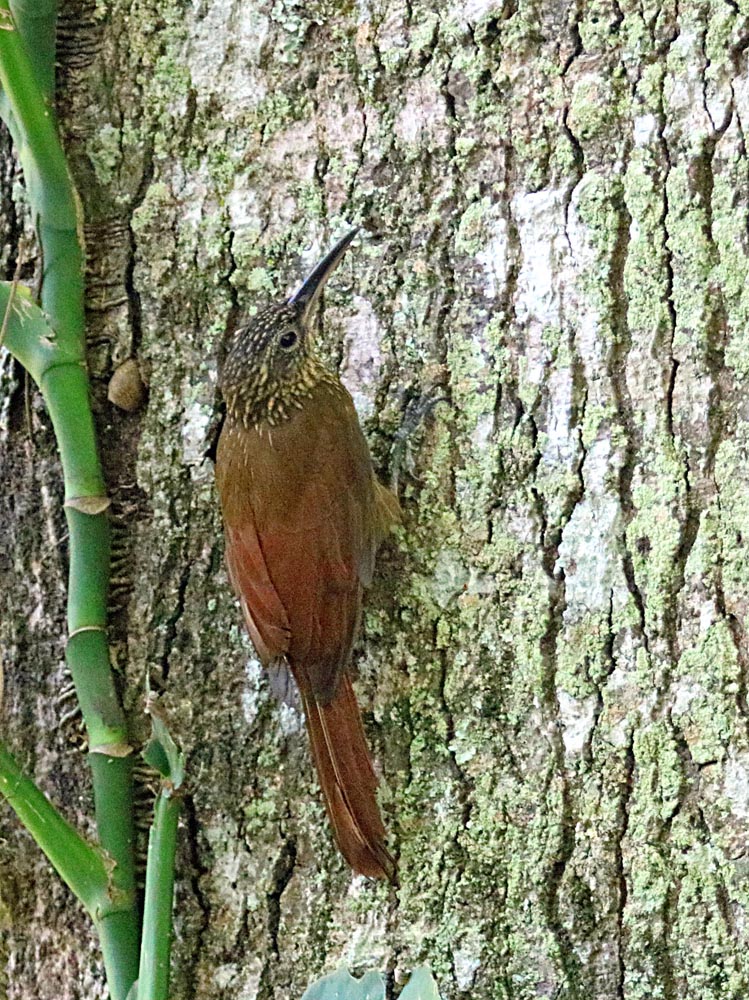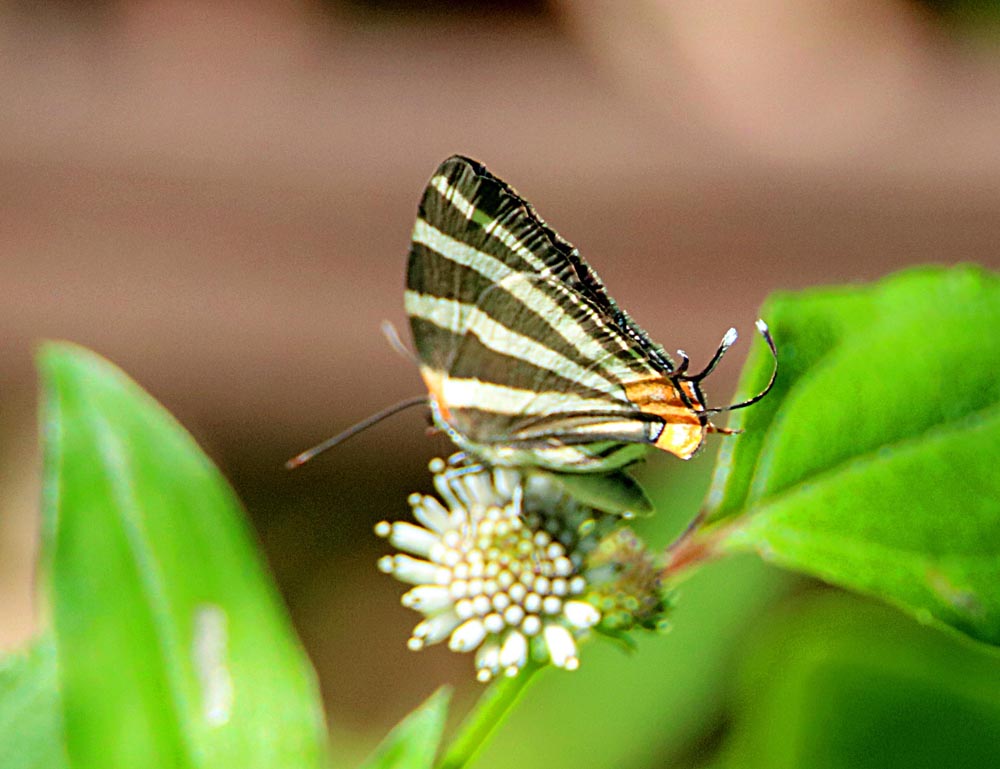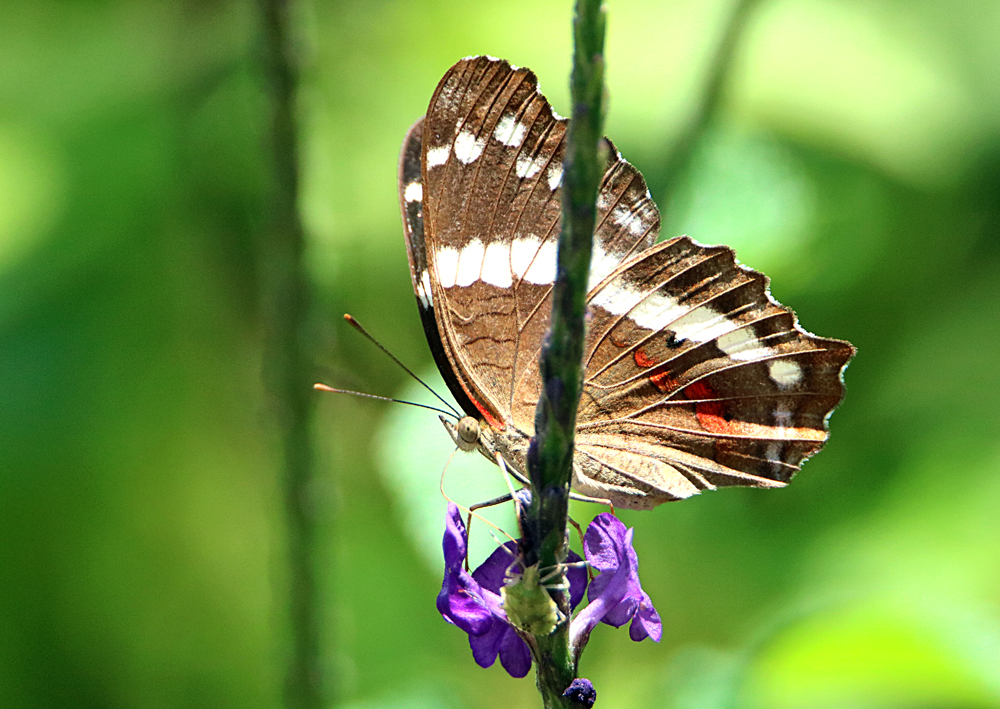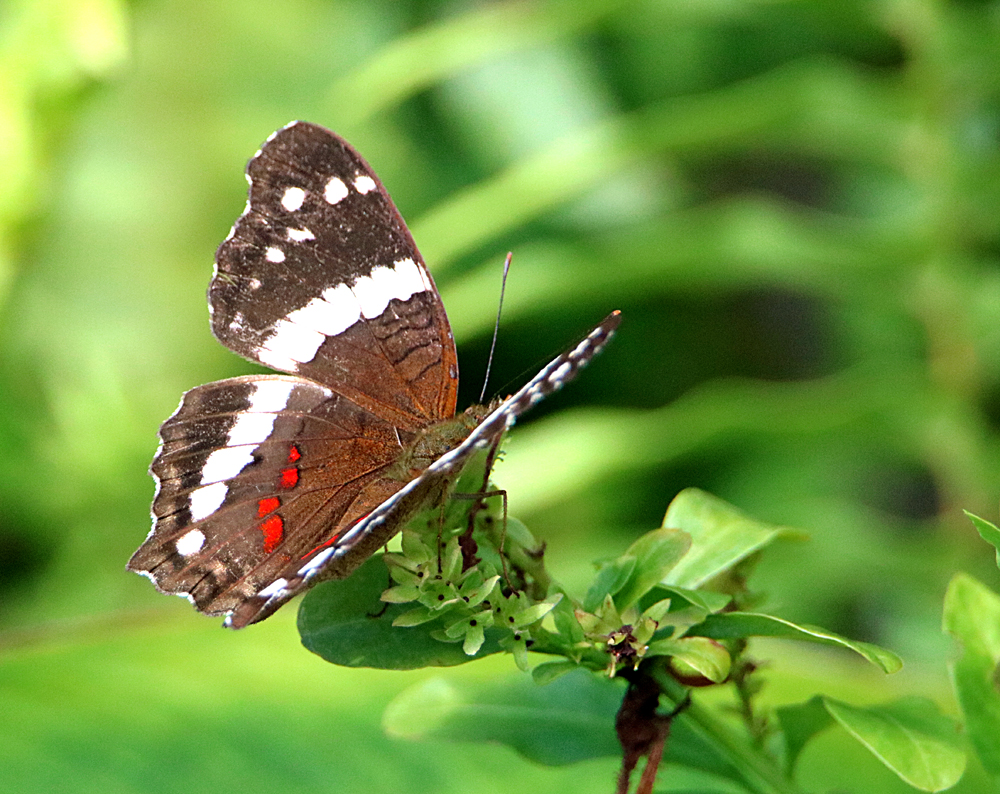The public health system in Costa Rica is one of the best in the world, but as in other good systems there are occasionally delays for many reasons with an overload of patients and one always has the option to go to a private doctor at your own expense. Once Covid was over, when I had to use a private oncologist for my surgery and radiation treatment because our hospitals here were packed with Covid patients, I then moved all my medical treatment to the public system in 2022 and have been happy with everything done “for free” (really for a monthly Social Security fee you must pay whether used or not.) There are no co-pays, no insurance forms and everything is included, even my medications that I pick up monthly at my local “CAJA Costarricense Seguro Social Farmacia.” I’m pleased with the public health system here, even if sometimes slow.
My latest cancer surgery was in November with my Public Provincial Dermatologist removing a cancer from my nose. Excellent surgery with absolutely no scar! But, that dermatologist in Hospital San Rafael de Alajuela gave me my next appointment to be in April 2026 and I had other non-cancer issues I really wanted to take care of earlier. So, I decided to exercise my freedom of going to a private doctor and my Public ENT Oncologist at Hospital Mexico de San Jose, who is monitoring any possible spread of my big cancer, agreed that the other issues would be better if handled earlier and he recommended Dr. Arturo Soto in the private Tabush Dermatologia Center in Escazu (feature photo of building). Here is my report with 3 before & after face photos . . .
Continue reading “Using Both Health Systems in Costa Rica”